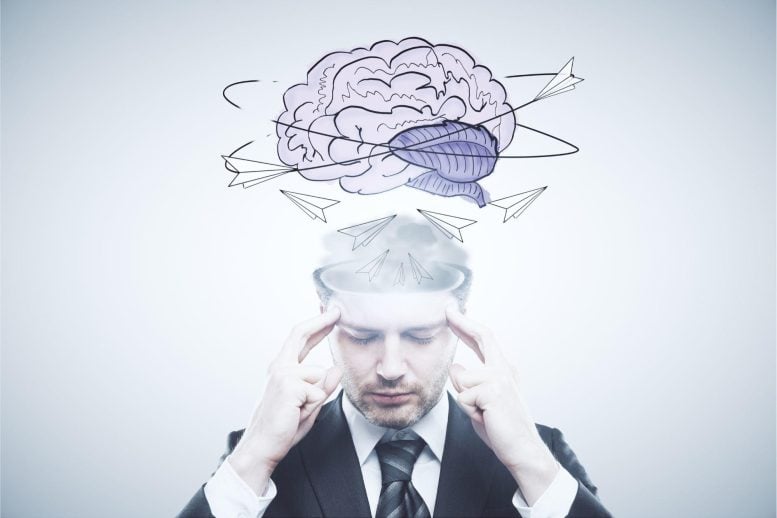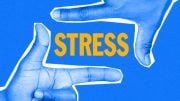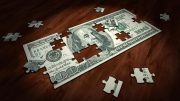
Creativity is the ability to generate new and original ideas, perspectives, and solutions. It is a vital skill in many areas of life, including art, science, business, and personal growth.
According to a recent study, even individuals who tend to think in a conventional manner, such as accountants or insurance adjusters, can be creative if they are able to approach emotional situations from a different perspective.
The study conducted experiments and found that conventional thinkers, who tend to rank low on openness to new ideas and experiences, generated more creative ideas than their peers after practicing “emotional reappraisal.” This technique involves viewing a situation through an alternate emotional lens, for example, trying to see an event that would typically induce anger as neutral or hopeful.
The study, published in the journal Organizational Behavior and Human Decision Processes, indicates that creativity is something that can be trained.
“One of the study’s implications is that creativity is not something that’s only accessible to people we think of as ‘creatives’,” said lead author Lily Zhu, an assistant professor at Washington State University’s Carson College of Business. “Whenever we break away from our existing perspective and try to think about something that’s different from our initial reaction, there’s a creative element to it. If we can practice or train that flexible-thinking muscle, it may help us be more creative over time.”
For the study, Zhu and co-authors Chris Bauman and Maia Young from the University of California, Irvine, conducted a survey and two similar experiments with three different sets of people. The first survey of 279 college students revealed that people who tended to be more creative, ranking high on openness to new ideas, also tended to practice emotional reappraisal regularly.
In an experiment with 335 people recruited through a crowdsourcing platform, the participants were first ranked on their openness levels and then shown a film scene designed to elicit anger. While viewing, they were given different instructions: to suppress their emotions, think about something else to distract themselves, or to try emotional appraisal—looking at the scene through another lens. A portion was also given no instruction on how to regulate their feelings.
After viewing the film, the participants were asked to come up with an idea to use a space in their building being vacated by a cafeteria that was going out of business. Those ideas were then evaluated by a panel of experts who did not know anything about the participants. Ideas such as using the space for “napping pods” or opening a childcare facility were considered highly creative whereas opening a similar cafeteria or a food franchise was considered low in creativity.
The next experiment had a different group of 177 participants write about an experience that made them angry, rather than viewing a film. They were then tasked with either writing about it again from a different emotional perspective or writing about something else as a distraction.
In both experiments, conventional thinking participants who tried emotional reappraisal came up with more creative ideas than other conventional thinkers who used suppression, distraction, or no emotional regulation strategy at all.
Notably, for participants who were considered creative thinkers to begin with, emotional reappraisal did not seem to have much effect on their creativity. The authors suggest that since creative people already tend to practice emotional reappraisal regularly, doing more of it doesn’t have as much of an impact, like adding more gas to a car that already has fuel.
The findings have implications for improving business productivity, the researchers contend, since it appears possible to tap the knowledge and experience of more employees by encouraging their creativity, even those in conventional occupations like accounting, insurance adjustment, or data analytics.
Zhu suggested that supervisors could develop training to cultivate creative thinking skills in employees. Individuals can also practice emotional reappraisal when confronted with a crisis or challenge instead of suppressing negative emotions.
“Negative emotions are inevitable in the workplace,” Zhu said. “The question is not do we want negative emotions, or not? The question is: how can we better deal with them in a productive, healthy way? Part of the implications of this study is that we can use negative emotions in our everyday life as opportunities to practice flexible thinking.”
Reference: “Unlocking creative potential: Reappraising emotional events facilitates creativity for conventional thinkers” by Lily Yuxuan Zhu, Christopher W. Bauman and Maia J Young, 7 November 2022, Organizational Behavior and Human Decision Processes.
DOI: 10.1016/j.obhdp.2022.104209








Be the first to comment on "New Research Reveals the Secret to Unleashing Creativity in Conventional Thinkers"